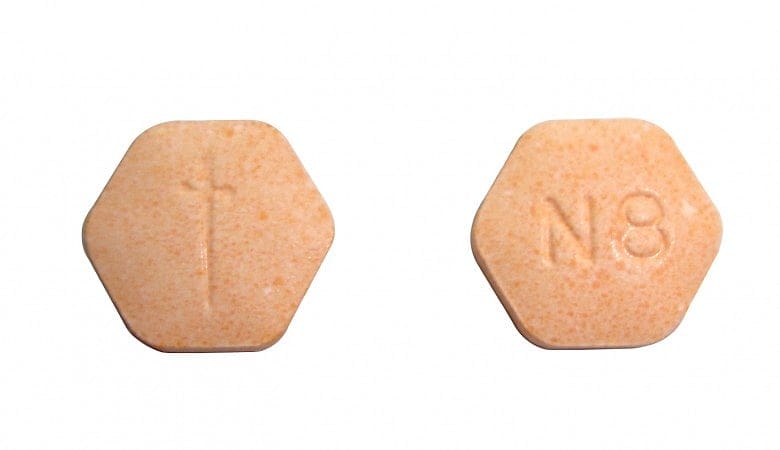Hospitals report a surge in opioid abuse cases

BOSTON – Opioid-related hospital visits are "skyrocketing" in Massachusetts, with heroin-related cases tripling from 2007 to 2014, according to Health Policy Commission figures discussed Wednesday.
Opioid-related hospital visits have increased from around 30,000 in 2007 to more than 55,000 in 2014, with non-heroin opioids accounting for the bulk of the trips, an analysis by the commission found.

